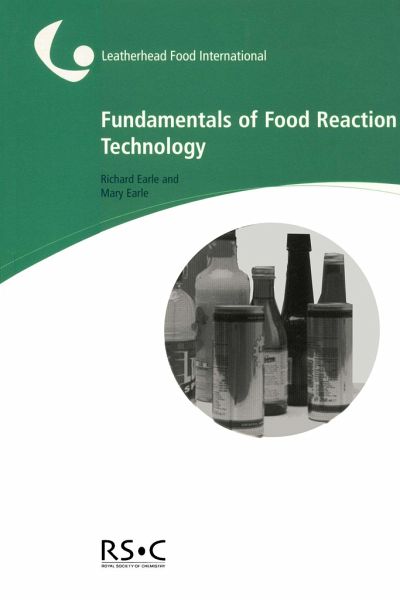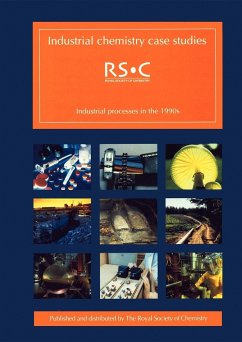
Fundamentals of Food Reaction Technology

PAYBACK Punkte
27 °P sammeln!
Food processing has moved on from being a craft to a modern technology. In order to meet the sensory quality, safety, nutrition, health, economy and novelty demanded of food products by consumers, it is necessary to improve food processing operations. This improvement involves better prediction and control of the changes that occur during the processing of food materials, and the rates of changes and the factors that influence them. This book introduces the methods of reaction technology, illustrating what has been and can be applied in real situations. It builds a framework for the applicatio...
Food processing has moved on from being a craft to a modern technology. In order to meet the sensory quality, safety, nutrition, health, economy and novelty demanded of food products by consumers, it is necessary to improve food processing operations. This improvement involves better prediction and control of the changes that occur during the processing of food materials, and the rates of changes and the factors that influence them. This book introduces the methods of reaction technology, illustrating what has been and can be applied in real situations. It builds a framework for the application of reaction technology, and uses this in a straightforward way, with understandable examples set within an industrial context. The book starts by setting out the general principles governing change in the nature and chemistry of a food constituent, and extends this to include the dynamics of the reactions of the many chemical constituents of food raw materials and ingredients. Fundamentals of Food Reaction Technology is intended for those working in process design, organisation and control, and will give technical managers an overall view of how the application of reaction technology in the future can lead to a "high tech" food industry. It will also be a valuable guide for students, lecturers and practitioners in development and process technology and engineering.














